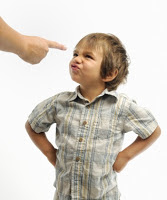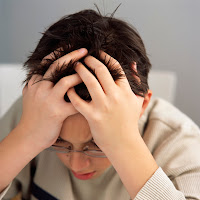Coping with Obsessions and Rituals in Kids with ASD

"My [high functioning] autistic daughter has to have everything in her room just so. If anything gets moved (for example, when I dust the furniture or change her bed sheets), she has a fit. She always knows if something is missing or has been moved to a different spot. Is this part of her autism, or is it OCD, or both?" One of the hallmarks of ASD Level 1 [High-Functioning Autism] is the development of obsessive thinking and the performing of ritual behaviors done to reduce stress and anxiety. This type of behavior can later meet the criteria in adulthood for obsessive-compulsive disorder. ASD children often have an obsessive interest in a particular subject -- and very little interest in much else. They may obsessively seek information about maps or clocks or some other topic. They may also be very inflexible in their habits and may rigidly adhere to certain routines or rituals. These obsessions and compulsions are believed to be biological in origin. This means th


